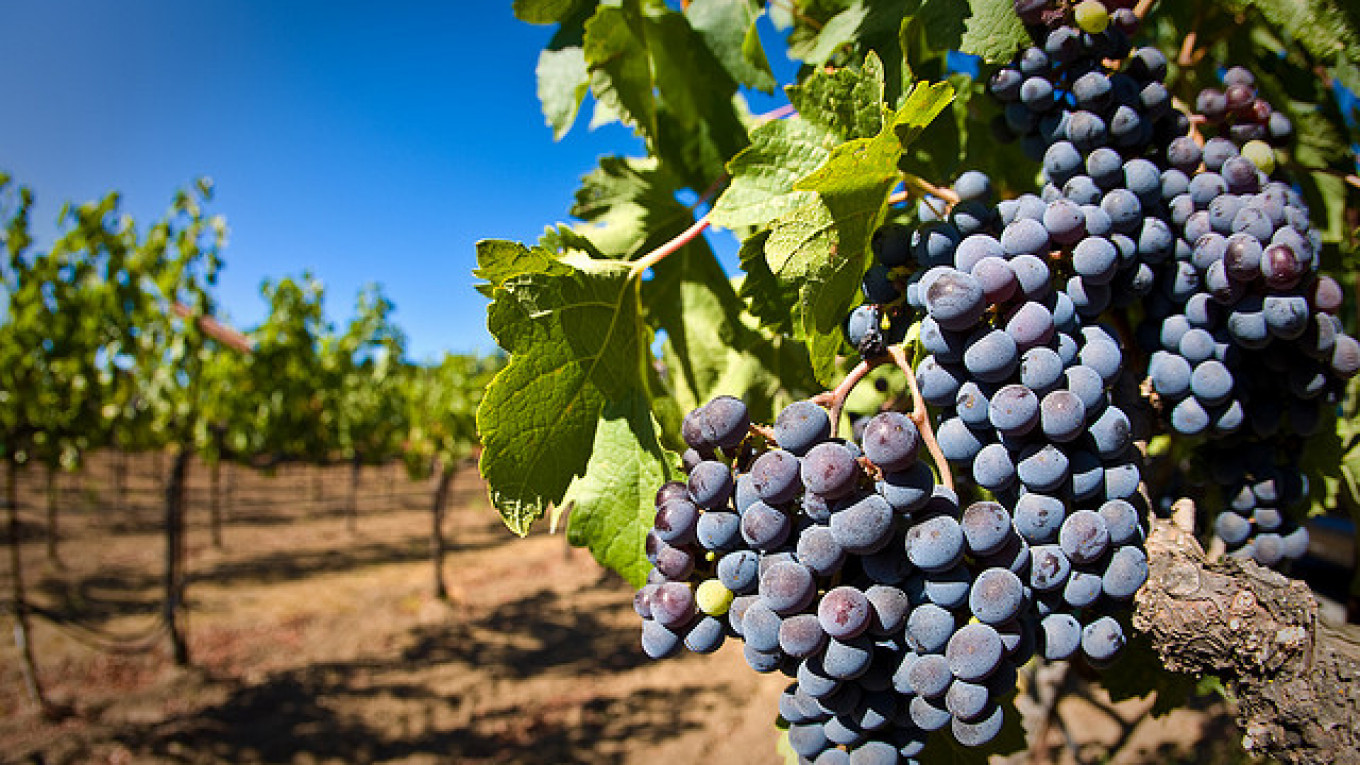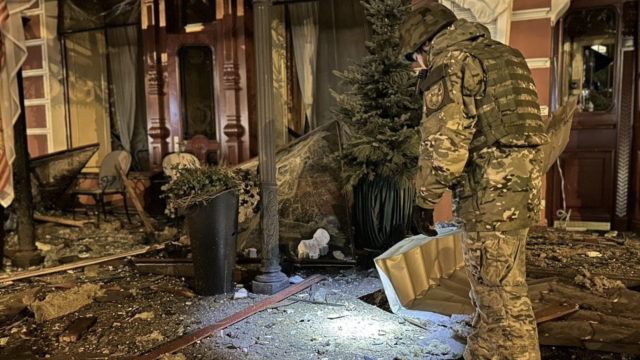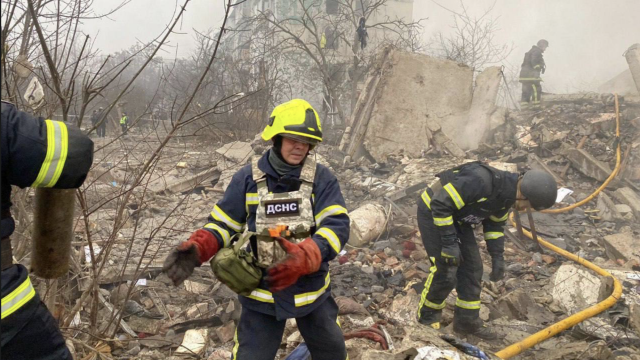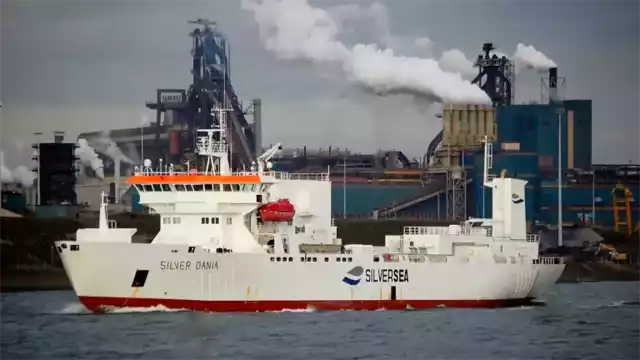Russian winemaker Ariant has expanded its domestic vineyards holdings from 6,000 to 8,500 hectares, newspaper RBC reported Wednesday, as Russia seeks to revitalize its long-neglected wine industry.
Ariant's extra 2,500 hectares is located in the Krasnodar region of southern Russia, where the majority of Russia's wine production is concentrated, according to Ariant's press officer Roman Gribanov, RBC reported.
The wine company hopes to profit from increased tourism from Russia to the peninsula of Crimea, which is connected by ferry link to Krasnodar, said company co-owner Alexander Aristov. While many Russians currently fly to Crimea, a multibillion-dollar bridge planned to open by 2018 will likely prove a boon to the region.
Russian Agriculture Minister Alexander Tkachev recently said Russia would begin supporting the development of new vineyards and construction of modern wineries, as the devaluation of the ruble makes high-quality Russian more cost competitive, news agency Interfax reported Wednesday.
The state of the Russian wine industry is currently very undeveloped thanks to decades of neglect. Lack of government support following the collapse of the Soviet Union has resulted in a steep reduction of winemaking land and a sharp decline in wine production.
Russia currently has 86,500 hectares of vineyards, RBC reported, citing state statistics service Rosstat. Top wine-producing countries such as France typically have hundreds of thousands of hectares of vineyards.
"In order to provide the country with wine that is 90 percent produced from domestic grapes, Russia needs [an additional] 350 thousand hectares," RBC quoted Peter Romanishin, CEO of Fanagoria, one of the largest Russian producers of wine, as saying.
Last year Russia's government announced plans to double Russia's winemaking territory by 2020, according to a government statement.
A Message from The Moscow Times:
Dear readers,
We are facing unprecedented challenges. Russia's Prosecutor General's Office has designated The Moscow Times as an "undesirable" organization, criminalizing our work and putting our staff at risk of prosecution. This follows our earlier unjust labeling as a "foreign agent."
These actions are direct attempts to silence independent journalism in Russia. The authorities claim our work "discredits the decisions of the Russian leadership." We see things differently: we strive to provide accurate, unbiased reporting on Russia.
We, the journalists of The Moscow Times, refuse to be silenced. But to continue our work, we need your help.
Your support, no matter how small, makes a world of difference. If you can, please support us monthly starting from just $2. It's quick to set up, and every contribution makes a significant impact.
By supporting The Moscow Times, you're defending open, independent journalism in the face of repression. Thank you for standing with us.
Remind me later.






